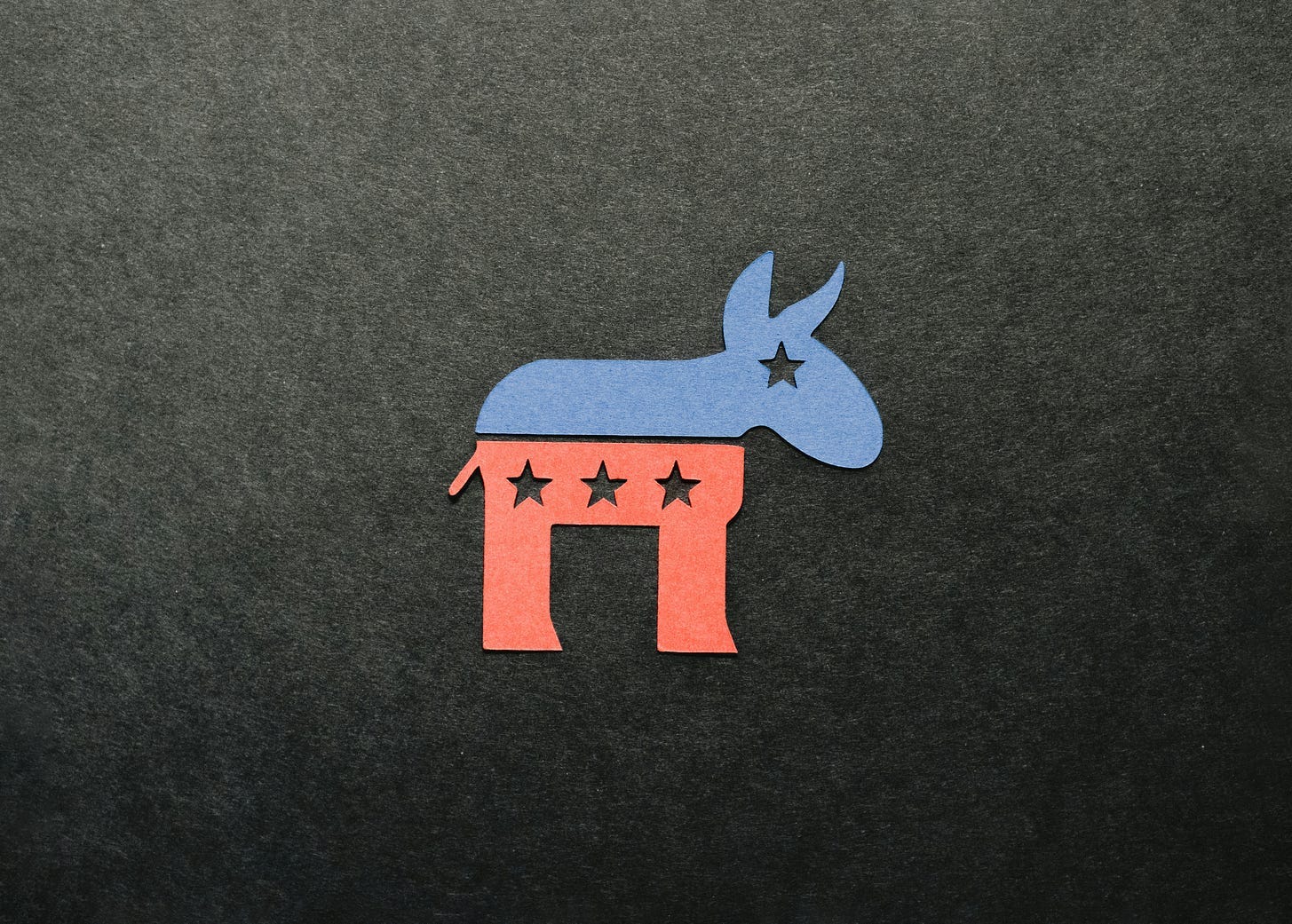The Democratic Party’s Pivotal Crossroads
Whichever path we choose, the terrain is uncharted

In the wake of Harris’ loss in the 2024 election, many Democrats have struggled to grapple with the upset. There are any number of explanations for why it happened, but there seem to be two primary camps that have emerged. There are those who believe that the loss owes to Harris going too far — that she became too close…
Keep reading with a 7-day free trial
Subscribe to The Gen Z Report to keep reading this post and get 7 days of free access to the full post archives.

